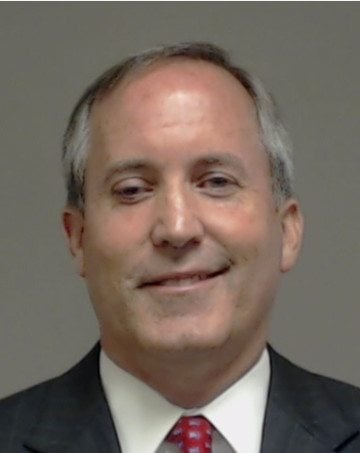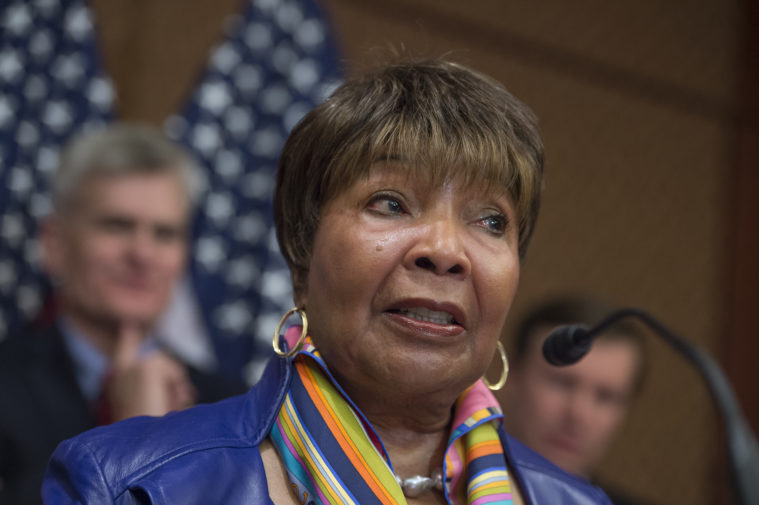
Can GOP Failures Get the Texas Democratic Party Started?

A version of this story ran in the June 2016 issue.

This has been a bad couple of months for Texas Republicans. Bad headlines, petty corruption, clownish behavior. In fact, the couple of months before that were bad, too, and the months before that, and back and back into the mists of memory. So it might stand to reason that it has been a good time for Texas Democrats, whose operating theory has long been that one day, the Texas GOP will scrape the bottom of its own barrel so hard that the thing will collapse and the party of Ann Richards and LBJ will emerge from the ashes, wings spread, ready once again to do battle.
But a strange thing is happening: As the Republican Party gets weaker, the Democratic Party seems to be getting weaker, too. Several senior Democrats will be missing from the next legislative session, depriving the minority party of some much-needed muscle in the increasingly right-wing Legislature. Gone are Senator Rodney Ellis and Representative Sylvester Turner, both of whom left to pursue better-paying, more-rewarding public service jobs in Houston as, respectively, county commissioner and mayor. There’s been a sort of brain drain for years, but this one seems particularly bad.
It’s hard to blame Democratic political talent for hitting the eject button. Lieutenant Governor Dan Patrick’s demolition of the Senate’s minority-protecting two-thirds rule destroyed the unity of the Senate Democratic Caucus: There are few left who do much more than protect their own narrow turf. In the House, there are a number of promising young lawmakers, but it’s unclear how quickly they can pick up the slack left by departing members such as Turner and Representative Trey Martinez Fischer, who kamikazied into a losing Senate bid in San Antonio. Then there’s the “leadership” that is anything but.

Dawnna Dukes, D-Austin, hardly showed up to work last session even though she lives within walking distance of the Capitol. Now she’s under criminal investigation for using taxpayer-funded staff as personal servants. In 2013, Ron Reynolds, D-Missouri City, was arrested on charges of barratry, aka ambulance chasing, and in late 2015 he was convicted on five counts of related charges — illegal solicitation of legal clients — then sentenced to a year in jail and a $4,000 fine. In between, for the 84th legislative session, he was given the important position of whip in the dysfunctional House Democratic Caucus.
Reynolds faces a runoff for his seat, which will be decided by the time this column appears in print, but he won some 48.5 percent of the vote in the first round, usually a sign an incumbent will sail through. (He did.) One Houston politico recently described him, admiringly, as a man who’d steal your mother’s life insurance money and show up to her funeral, smiling and shaking hands. It’s not inconceivable that he could end up in caucus leadership once again.
Figures such as Dukes and Reynolds are as embarrassing to Democrats as Sid Miller and Ken Paxton are to Republicans: They just have significantly less power. Democrats are often frustratingly silent about the weaknesses of their own lawmakers, fretting, perhaps, that beggars can’t be choosers.
But the party must present a more robust and defensible profile if it ever expects the state to trust it again. Instead, it often seems as if Democratic lawmakers are content to be consigned as a rump party, leaving the token politicking to the rotating staff of the state party.
Figures such as Dukes and Reynolds are as embarrassing to Democrats as Sid Miller and Ken Paxton are to Republicans: They just have significantly less power.
With Donald Trump winning the Republican nomination, 2016 might be a relatively good year for Democrats in Texas. (Whether they’re poised to take advantage of it is another question.) But if a Democrat wins the White House, the midterm election in 2018 looks grim: Hillary is deeply unpopular with Republicans, and a Democratic president has been historically bad for Texas Democrats. The same goes for 2020, when Democrats will have held the White House for 12 consecutive years. The next realistic shot at controlling redistricting might not be until the 2028 and 2030 election cycles, which might just give Texas Democrats enough time to get their act together.


